As a parent and a night owl, sleep is one thing I crave but usually don’t get enough of.
Between Daylight Saving Time and getting up early with my kids, I often feel off-kilter for weeks after a change in seasons or routines—not to mention the effects that all the blue light from my screens have on my sleep cycles.
The stressors of modern life can mess up our natural circadian rhythms, and these disruptions (from “losing” an hour of sleep in spring to transitioning back to school in fall) are tied to how our bodies produce melatonin, the hormone that regulates when we feel sleepy and when we feel awake.
The more light we are exposed to during the day, the less melatonin we make. Once darkness sets in, we ramp up production of melatonin to start getting our brains ready for bed.
Our internal clocks are controlled by the sun but are designed to adjust to seasonal changes gradually. When sunrises and sunsets suddenly shift by an hour overnight, or we stay on our phones in bed long after nightfall, our clocks are sent for a loop.
Short of reading something reeeaaaally boring before bed (my husband actually keeps the full text of the Constitution on his nightstand, ha), is there anything you can do to drift to sleep easier each night?
Yes—and you probably have them in your garden or kitchen already.
Certain foods may help you sleep because they contain compounds that naturally make you sleepier. These fruits and vegetables contain small amounts of melatonin (as well as other sleep-promoting chemicals, like tryptophan and magnesium) that help you settle down, fall asleep faster, and stay asleep longer.
They’re not a cure-all for insomnia, but incorporating a few of them into your evening meals or snacks could make bedtime a bit more restful.
13 fruits and vegetables that help you sleep better at night
1. Kiwi
Recent research on kiwifruit has found that this small, oval fruit can improve sleep. In that study, people who ate two kiwis an hour before bedtime fell asleep faster, slept longer, and had better quality sleep.
While the reasons are still unclear, it’s believed kiwi contributes to sleep with its high serotonin levels, ability to address folate deficiencies, and several antioxidant properties.
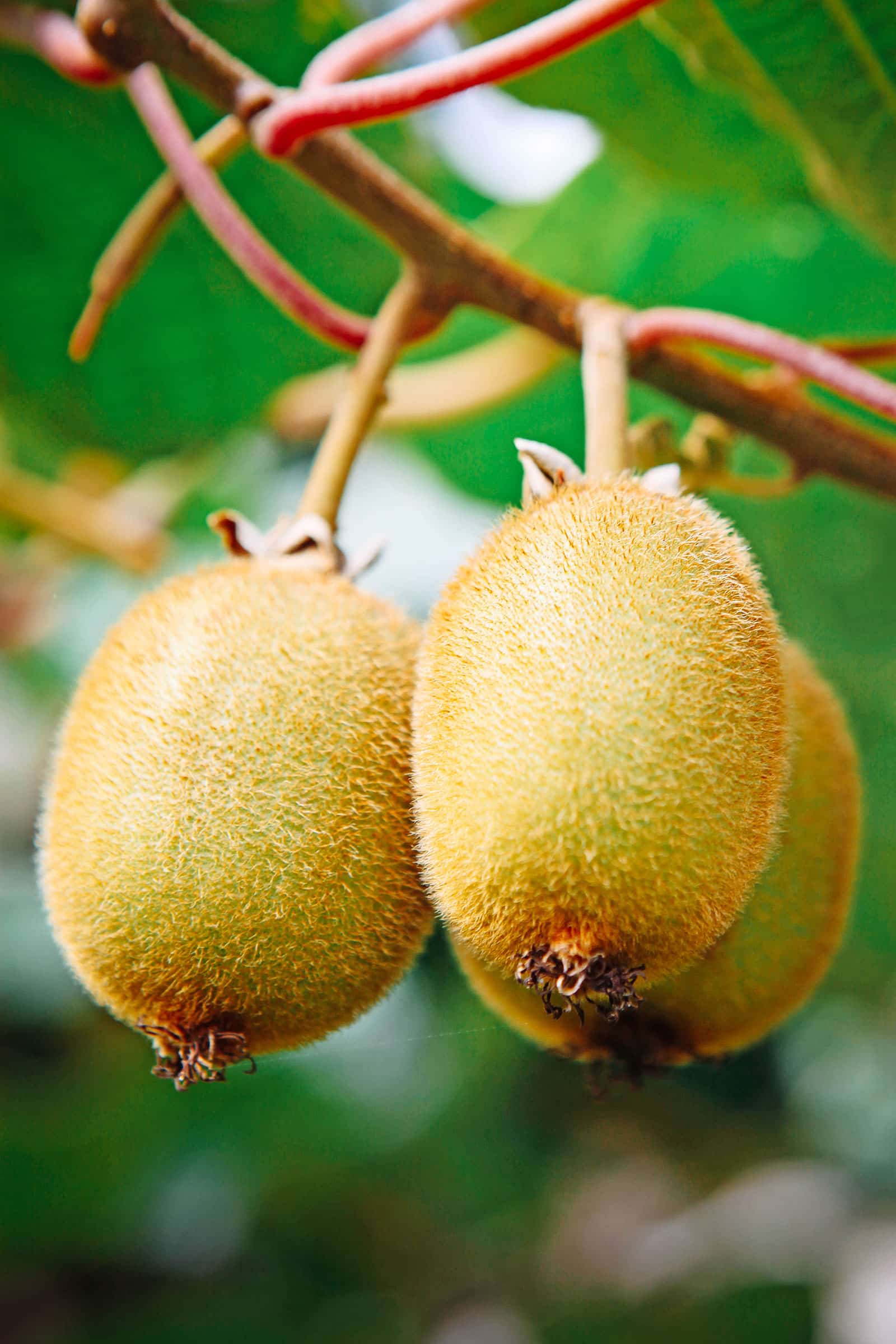
2. Cherries
Cherries (especially sour cherries like the Montmorency variety) are one of the only (and highest) natural food sources of melatonin.
Studies have shown a boost in circulating melatonin after consumption of cherries, though sweet cherries have half the melatonin content as sour cherries.
When the fruits are not in season, try a glass of cherry juice instead. (Dried cherries, on the other hand, have been found to contain no melatonin.)
3. Bananas
Bananas are a good source of vitamin B6, which raises serotonin levels (the relaxing neurotransmitters that affect your quality of sleep), as well as potassium and magnesium, which help relax overstressed muscles. (If you’re unable to sleep because of restless leg syndrome, a magnesium deficiency is often the cause.)
The fruits also contain the amino acid tryptophan, which the body converts to serotonin and melatonin.
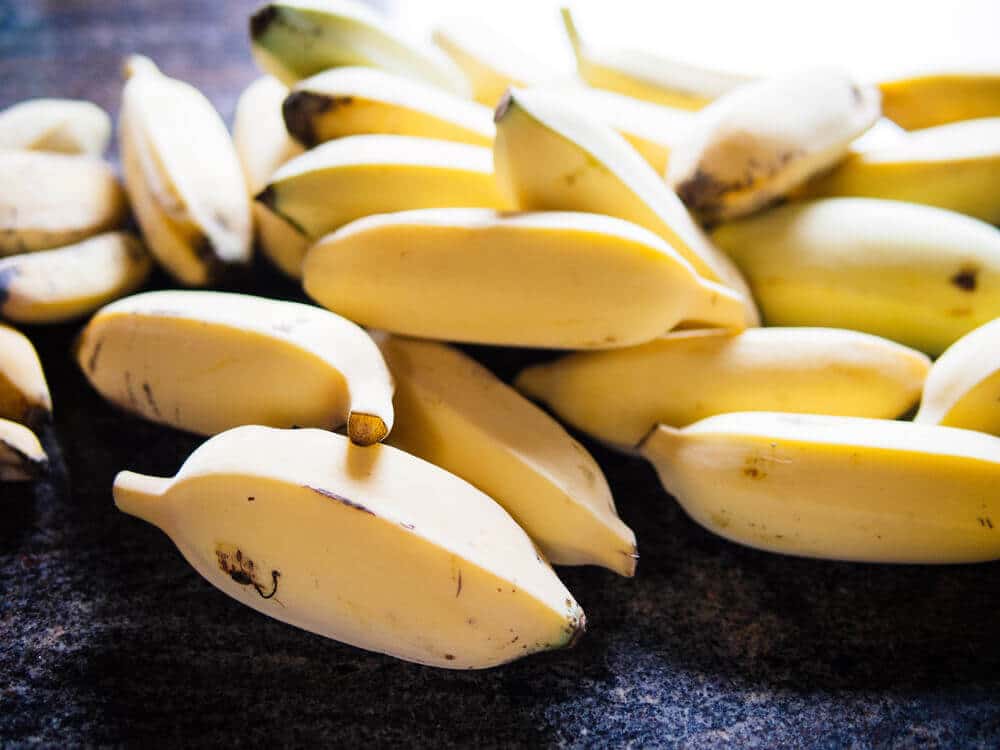
4. Pineapples
With even more melatonin-boosting benefits than bananas, pineapples are a sweet choice for easing insomnia or jet lag.
A study that measured the amount of aMT6-s in the body (a marker of circulating melatonin) found an increase of 266 percent in melatonin after test subjects ate pineapples (compared to a 180 percent increase with bananas and a 47 percent increase with oranges).
On top of that, pineapples aid in digestion if tummy troubles cause you to toss and turn at night.
5. Oranges
Oranges can increase the melatonin in your body by approximately 47 percent, but that’s not the only reason you should eat them.
They’re also a great source of B vitamins, which help with sleep in a number of ways: reducing anxiety and depression, improving the regularity of the sleep/wake cycle, and aiding in the synthesis of serotonin, dopamine, and GABA (the chief sleep-promoting neurotransmitter in the brain).
If you have orange trees in your yard, you can take advantage of these same health benefits by steeping the flowers to make orange blossom tea as well.
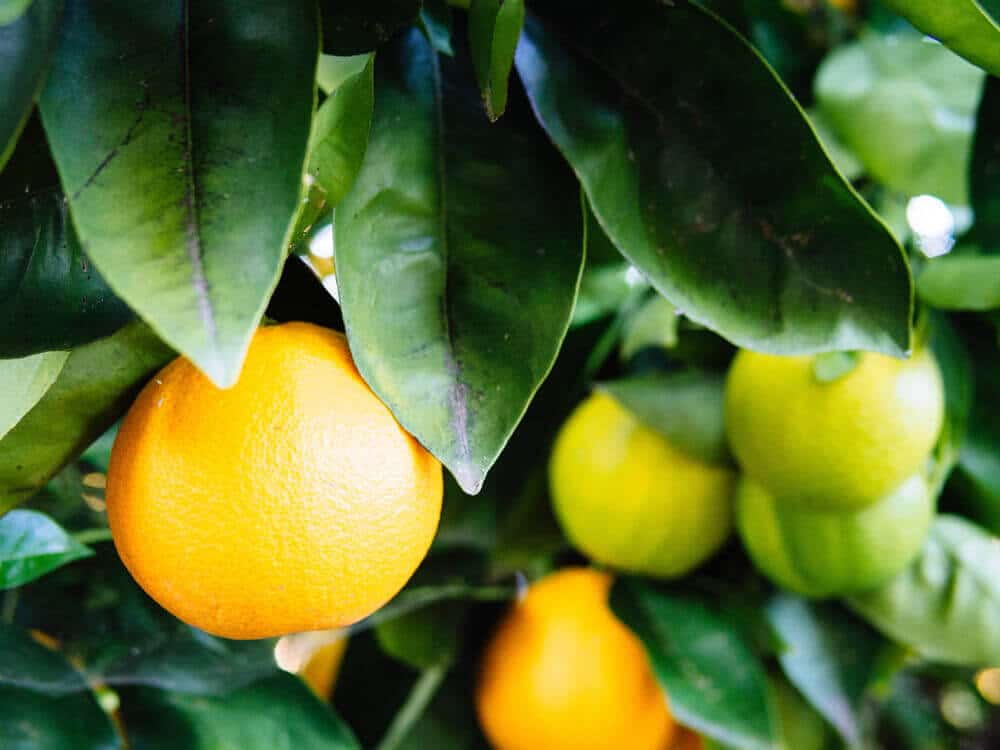
6. Avocados
Avocados are high in magnesium, which is sometimes referred to as the sleep mineral.
When you’re short on this essential mineral, you may find it difficult to fall asleep and stay asleep.
Adding magnesium-rich foods to your diet helps promote slow wave, or deep sleep, as magnesium is a natural relaxant that helps deactivate adrenaline. As a result, you wake up feeling more refreshed from a good night’s sleep.
7. Kale
At the risk of sounding trite, kale is actually really good for you—and good for your sleep.
That’s because kale is loaded with calcium, which helps the brain use tryptophan to manufacture melatonin.
The same goes for all the dark leafy greens, especially collards, spinach, and broccoli. (If you grow broccoli at home, don’t discard the greens—broccoli leaves are edible!)
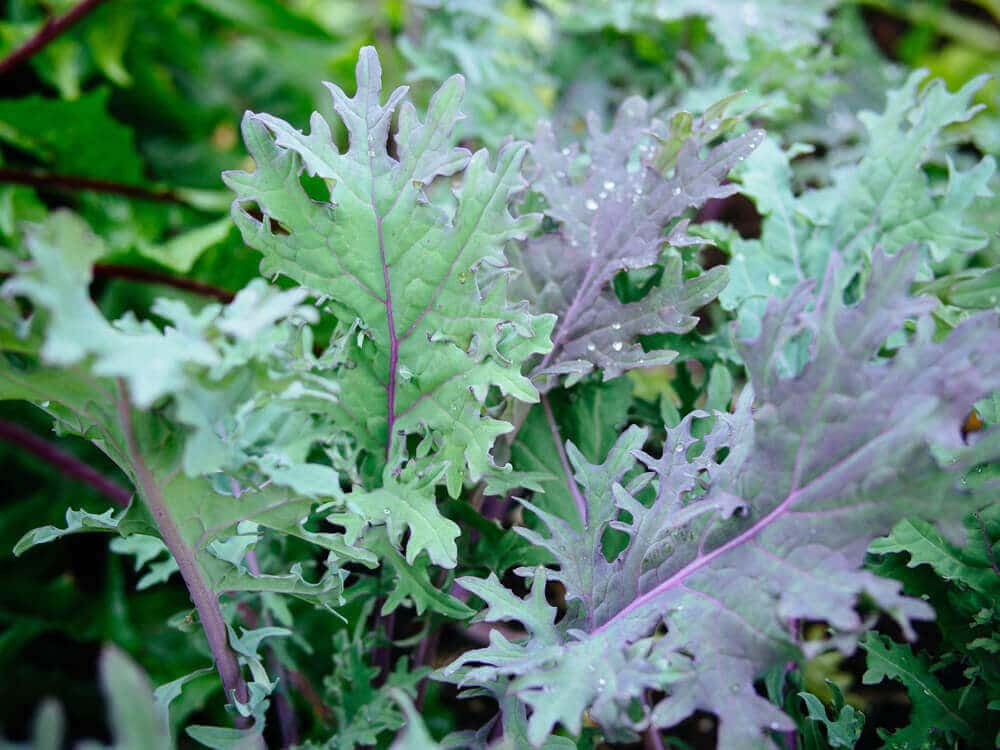
8. Lettuce
If you needed a good reason to choose salad over soup with your dinner: lettuce contains lactucarium, a milky secretion that has sedative properties and is commonly referred to as lettuce opium.
It’s found in the stems of several lettuce species in varying amounts, including garden lettuce (Lactuca sativa) and especially wild lettuce (Lactuca virosa).
9. Tomatoes
Tomatoes are rich in the phytonutrient lycopene, which helps you stay asleep.
Your body can absorb lycopene more easily if it’s heated in a little fat, so simmer a pot of tomatoes on the stove with a drizzle of oil and a handful of basil.
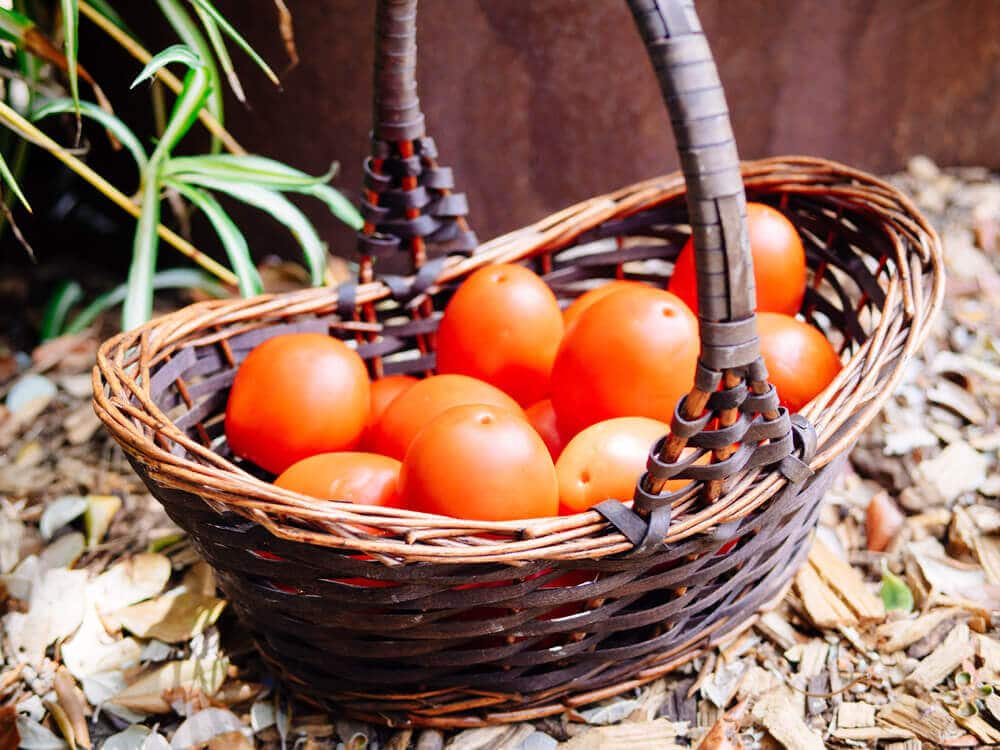
10. Holy basil
Speaking of basil, one medicinal variety of the herb—holy basil, also known as tulsi—has long used as a holistic remedy for sleep troubles. This isn’t the sweet basil you sprinkle over your pasta or the cinnamon basil used to spice up Vietnamese meals.
Holy basil (Ocimum tenuiflorum) is known to calm the mind, lower cortisol levels, and treat depression. It’s a sacred plant in Ayurvedic medicine but is also a common herb in Thai cuisine, where it’s known as Thai holy basil or kaphrao.
So how can you get more of it in your diet? Aside from adding it to Thai recipes (where the spicy, peppery, clove-like taste enhances all those rich flavors), holy basil leaves can be dried and used in tea. Steep the leaves in hot water and drink a cup before bed to help you fall asleep.
11. Carrots
Carrots are packed with alpha-carotene, which is closely associated with better sleep.
In fact, they’re the most potent source of the powerful carotenoid, followed by pumpkin.
Consuming carrots in their various forms (raw, cooked, or juiced) may lead to an easier time falling asleep when counting sheep is no longer an option.
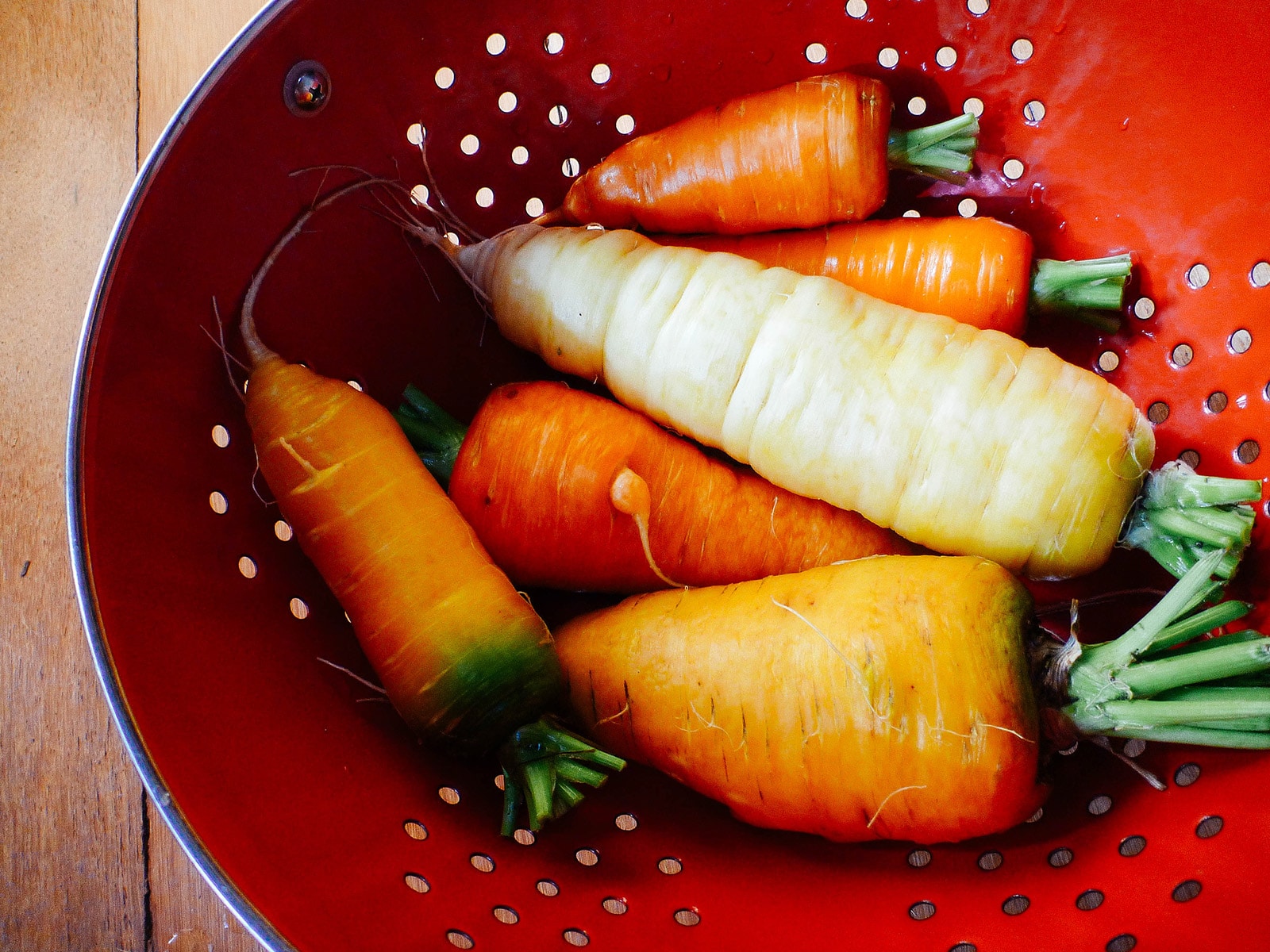
12. Soybeans (edamame)
Don’t pass up the edamame next time you’re in a Japanese restaurant—in their natural state, soybeans are an excellent source of calcium and have a high concentration of tryptophan.
Emerging studies have also found that soy isoflavones (estrogen-like compounds in the plant) may contribute to longer sleep duration (at least seven to eight hours a night) and better quality of sleep.
13. Sweet potatoes
Is this another reason you always get so sleepy after a full Thanksgiving meal?
Sure, the tryptophan in turkey is part of it, but eating a side of sweet potatoes can boost levels of GABA (gamma-aminobutyric acid), a neurotransmitter that slows down your brain and reduces stress and anxiety.
The tubers also happen to be great sources of magnesium, potassium, calcium, and vitamin B6. These nutrients help relax the nerves and stimulate production of serotonin and melatonin, so you feel sleepier.
Common questions about foods that help you sleep
Does oatmeal help you sleep?
A bowl of oatmeal before bedtime is a great way to get better sleep. Oatmeal itself is a slow-release source of complex carbohydrates that keeps you from waking up at night due to a drop in blood sugar.
You can power-up your oatmeal by adding a splash of milk (a good source of tryptophan), sliced bananas (another sleepytime food), and a handful of pistachios or walnuts, both of which are very high in melatonin.
Do almonds help you sleep?
Almonds are high in potassium and B vitamins, which help your nervous system relax. The nuts are also packed with protein, and evidence shows that eating a moderate amount of lean protein before bed leads to better sleep quality (including less waking in the middle of the night).
So if you often toss and turn at odd hours, reach for a handful of almonds to snack on before you go to sleep.
Does chocolate help you sleep?
Dark chocolate is loaded with serotonin, but it also has other stimulants like caffeine (which can keep you awake at night) and theobromine (which increases heart rate and causes sleeplessness). So if you have trouble sleeping, steer clear of any chocolate when it’s close to bedtime.
Does milk help you sleep?
Milk (and other dairy products like cheese) is a good source of tryptophan, an amino acid that supports healthy sleep cycles. A warm glass of milk before bed is also a soothing nighttime routine with calming psychological effects if you’re prone to sleeplessness.
Does honey help you sleep?
Honey helps your brain release serotonin through a series of amazing transformations. A few spoonfuls of honey taken before bed spikes your insulin levels, which releases tryptophan in the brain.
Tryptophan is converted to serotonin, which then becomes melatonin (the chemical that regulates when we feel sleepy or awake).
This post updated from an article that originally appeared on March 9, 2017.
View the Web Story on foods that help you sleep.


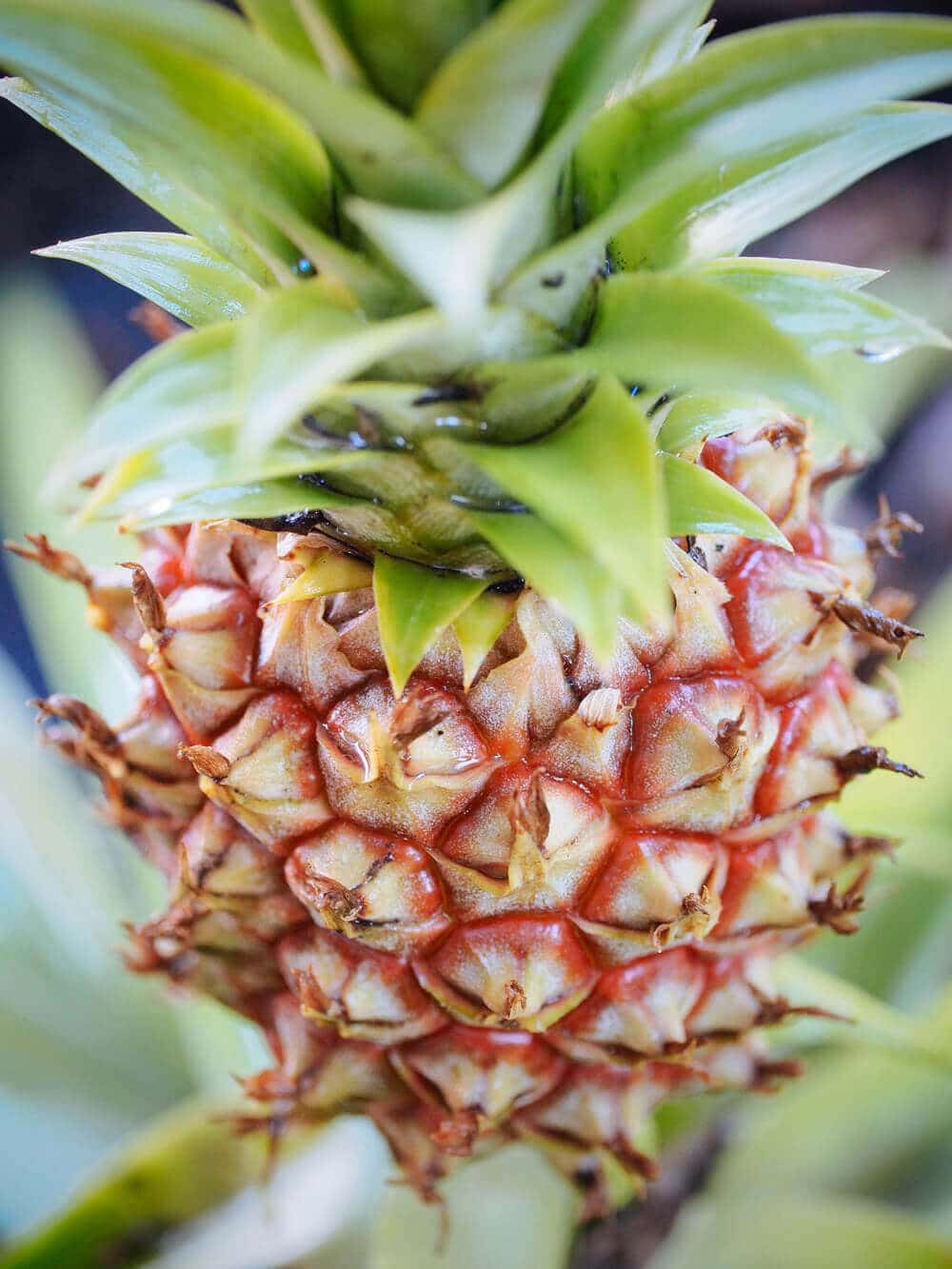
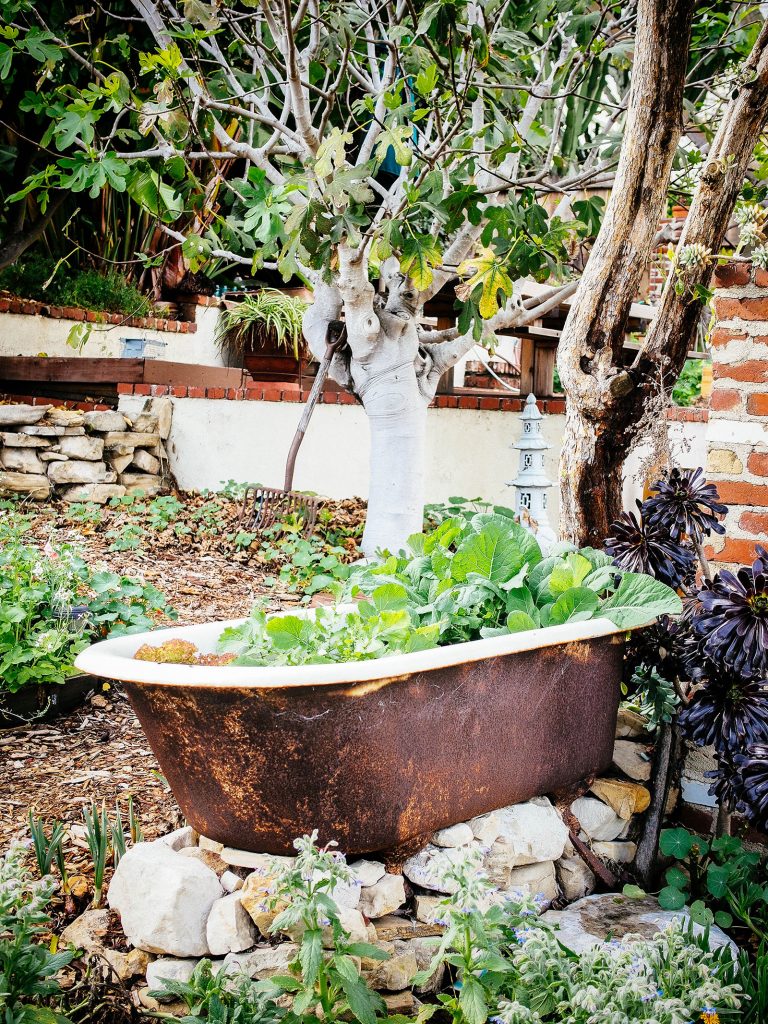
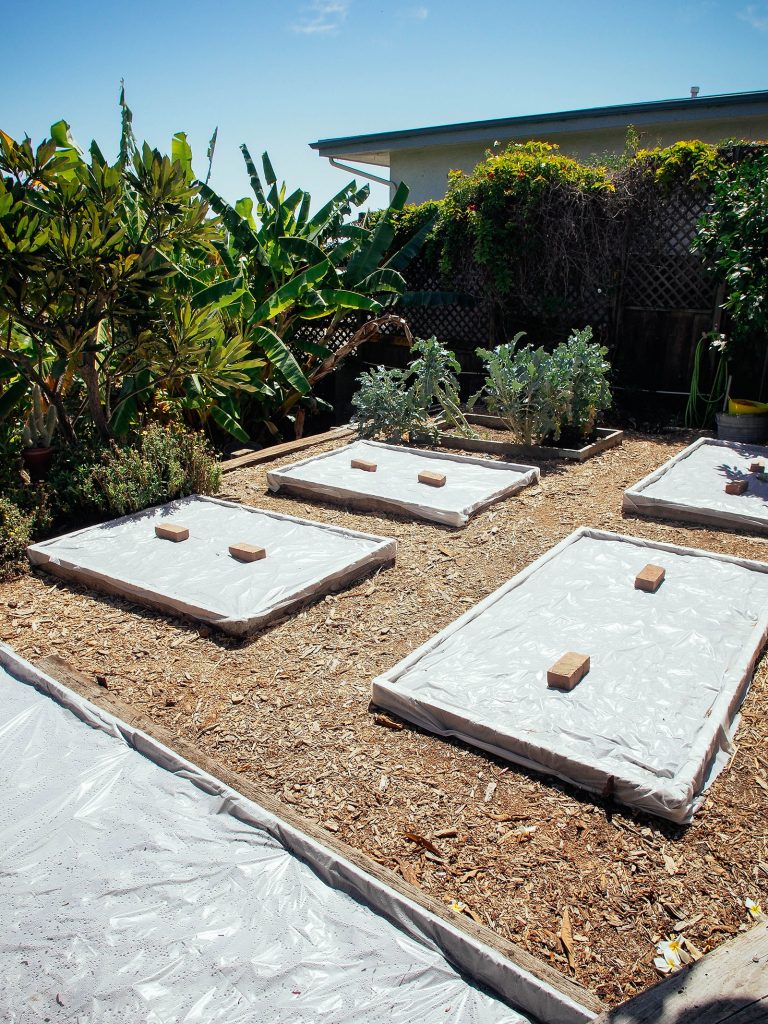
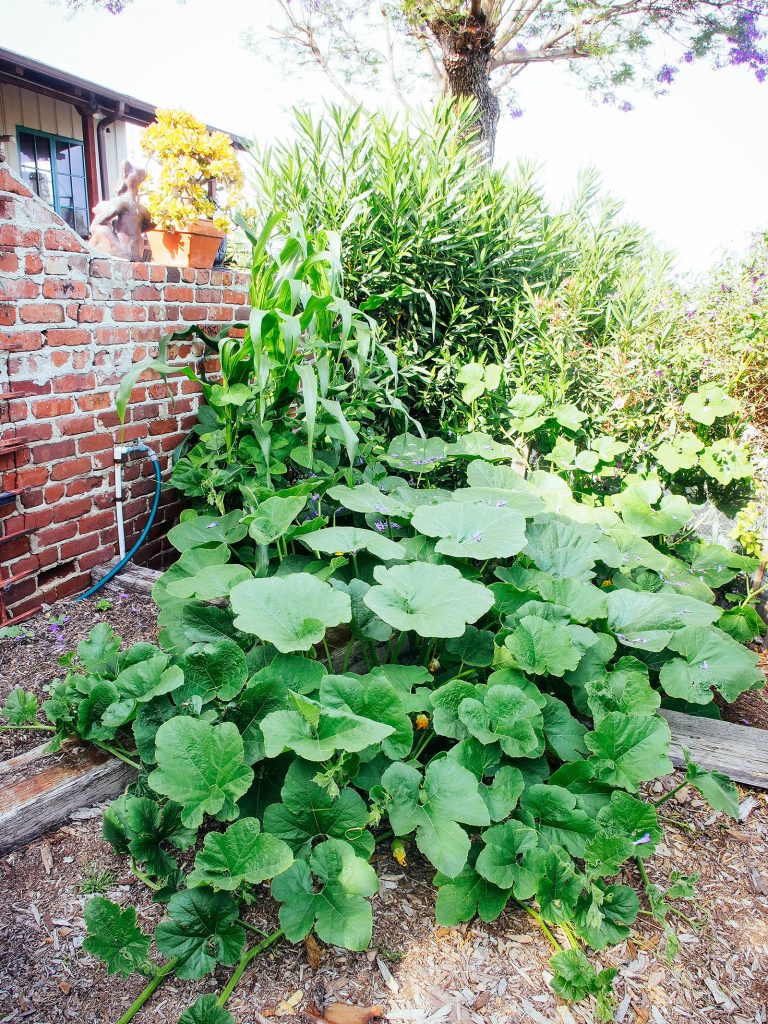
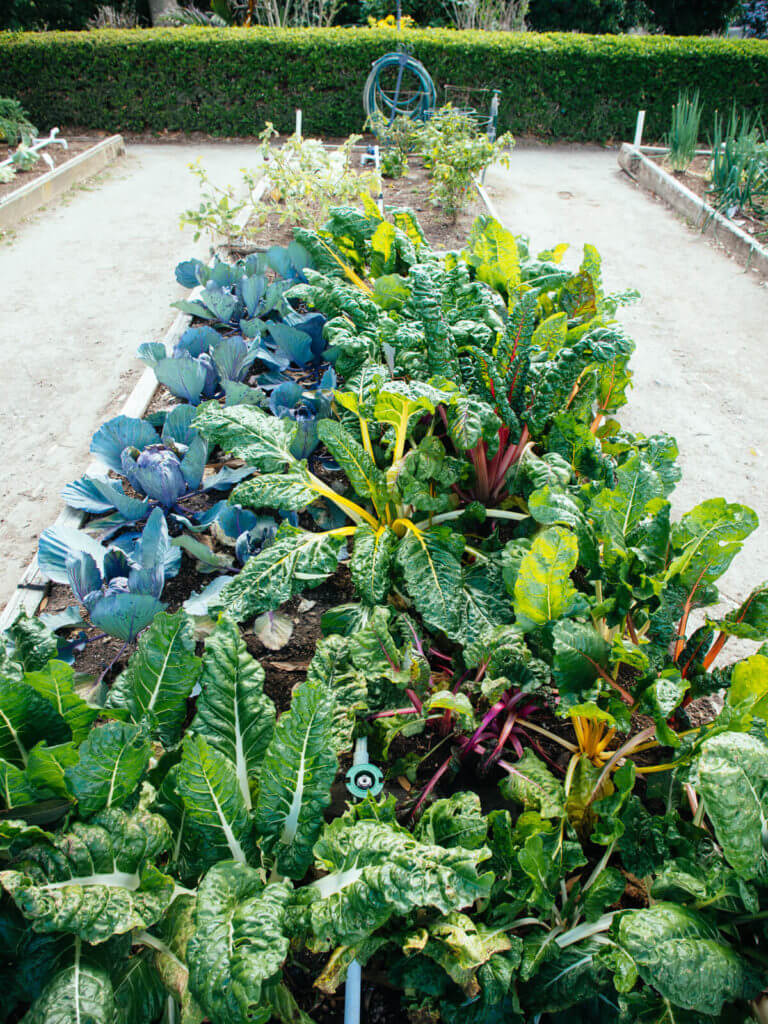


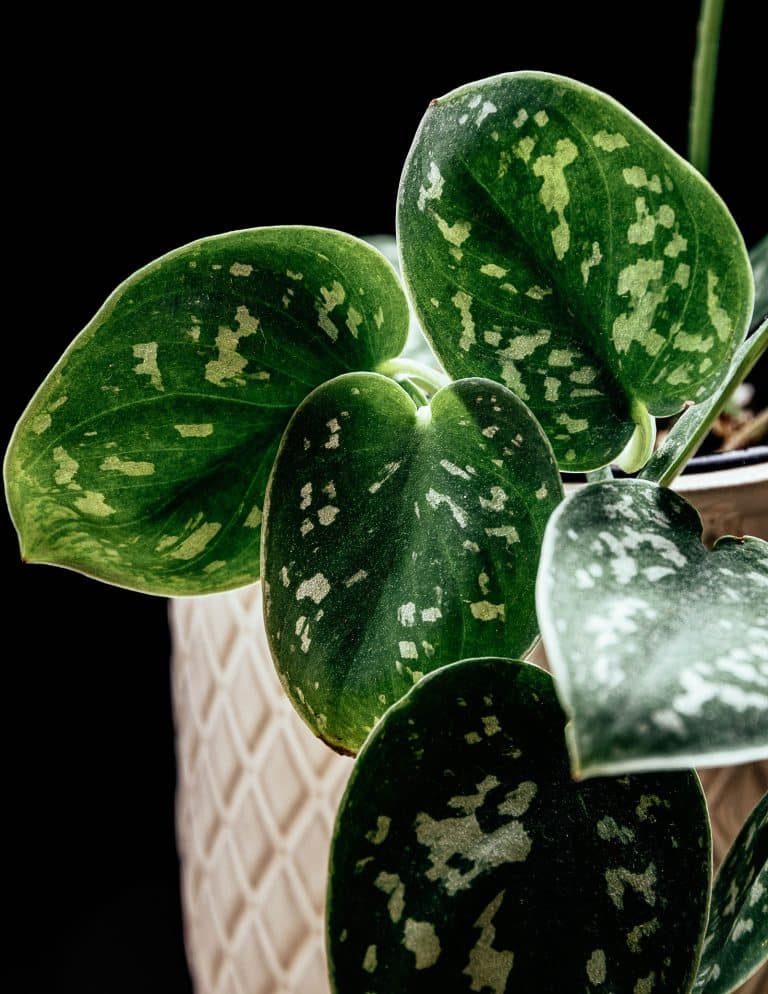
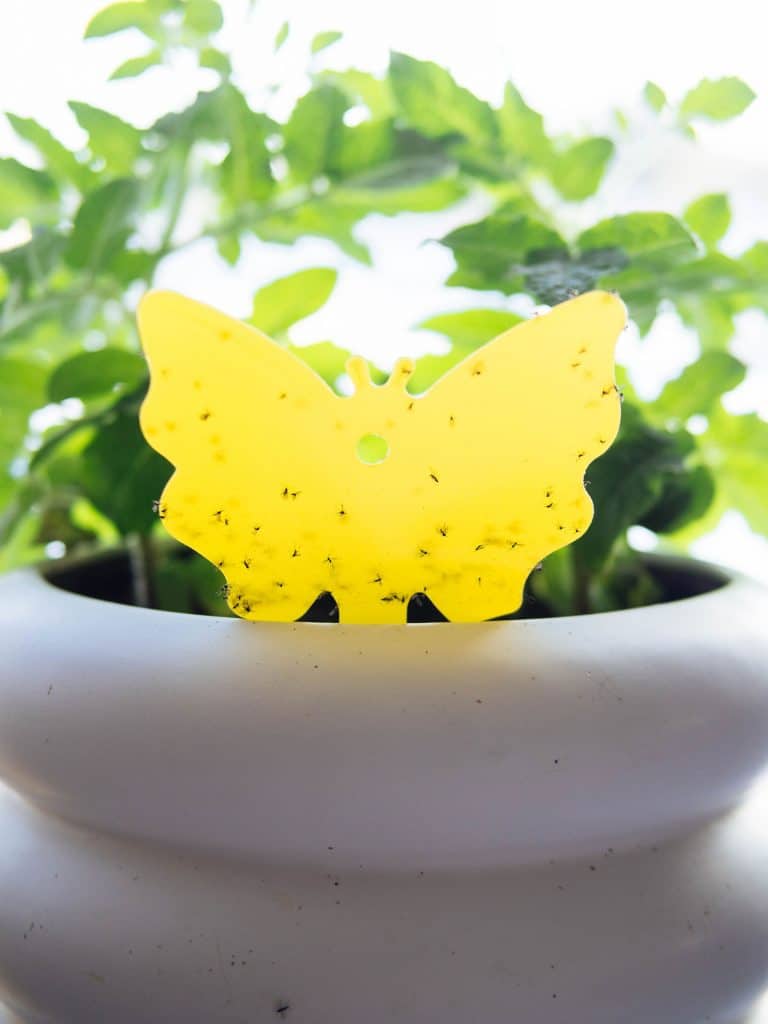
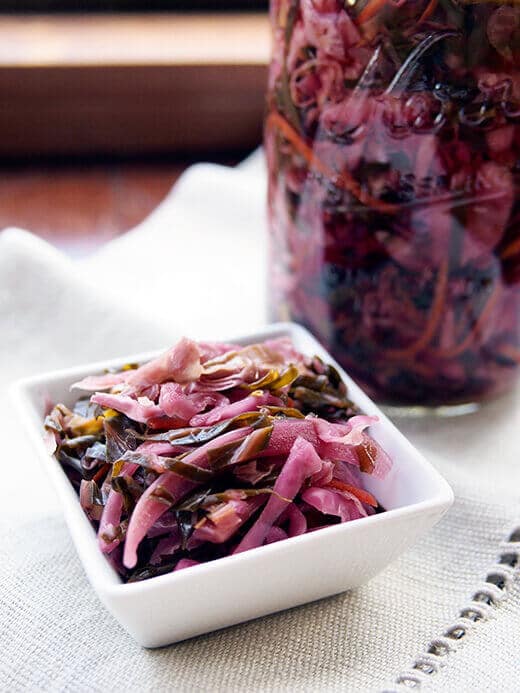
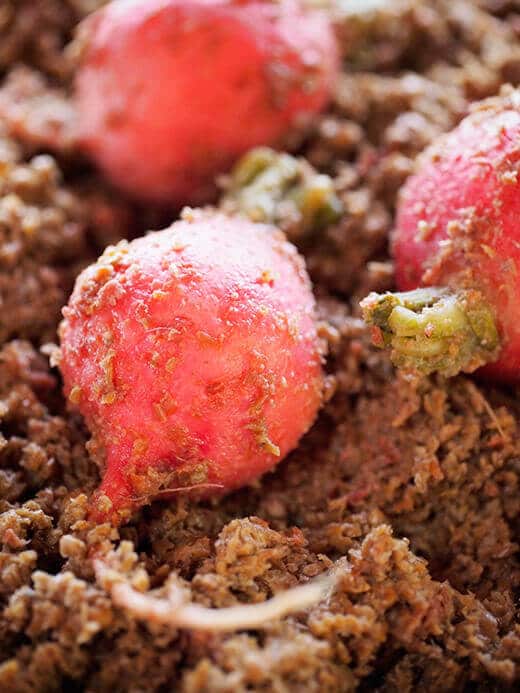
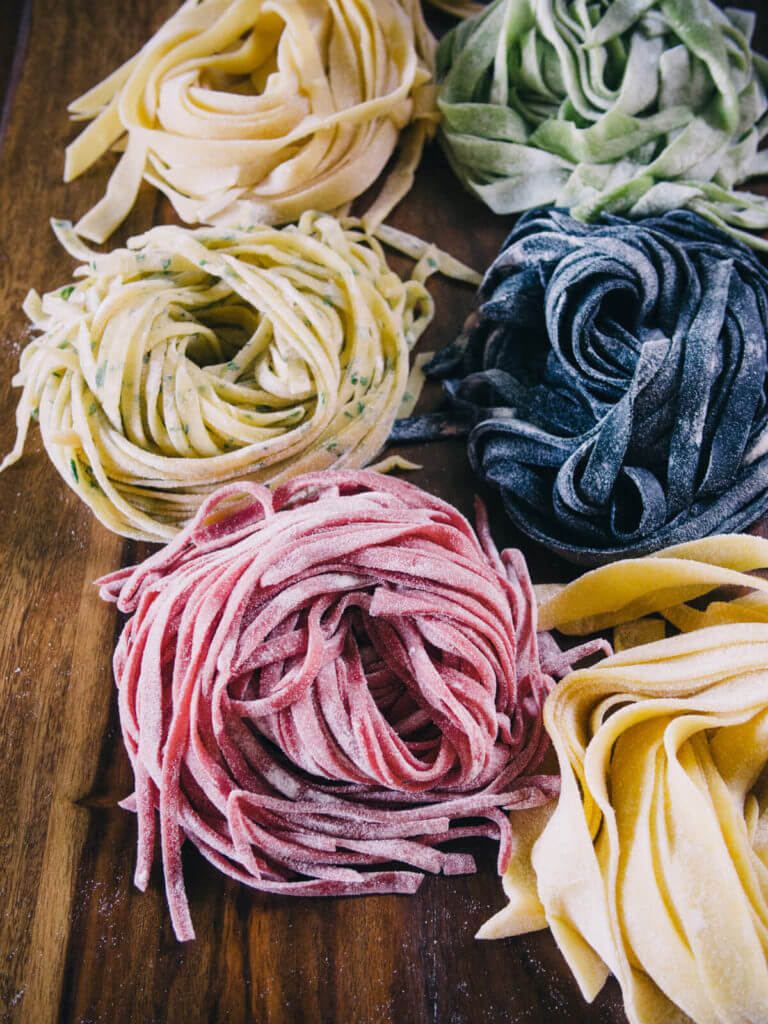
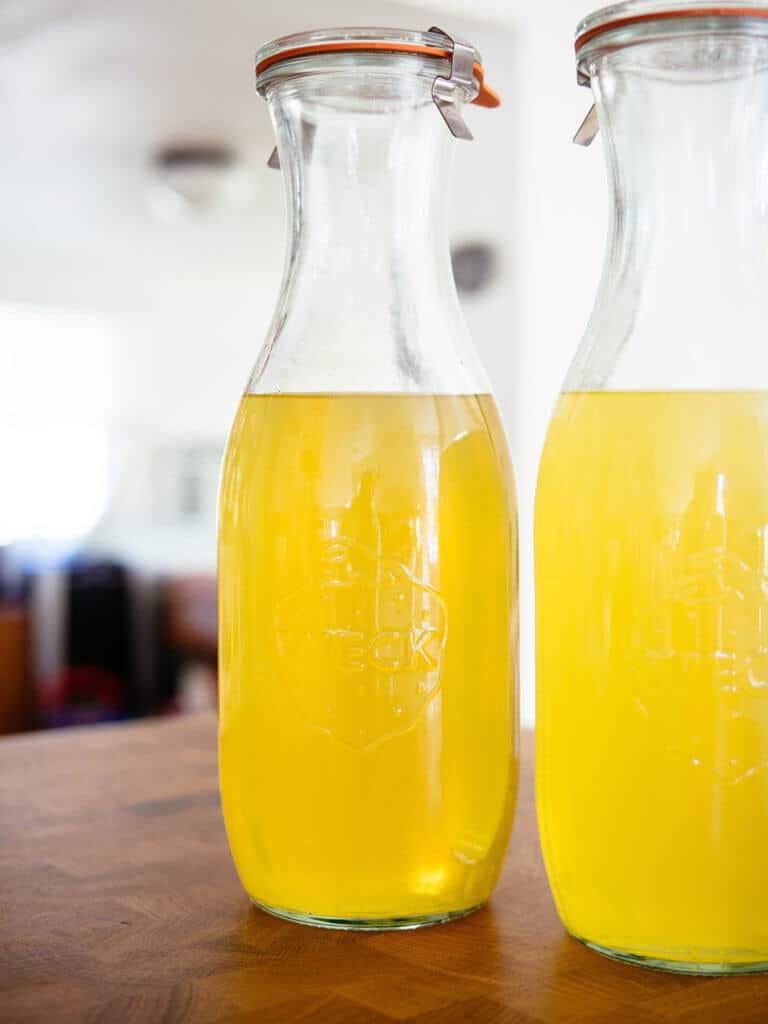

I am diabetic, gluten intolerant & have osteoporosis. Have always been a night owl since birth. Get up at 9am every day with an alarm clock even though retired. I have been taking my nighttime medication with homemade Granny Smith applesauce(no sugar). Will that work?
HI Garden Betty I just found your sight by looking up foods that help you sleep…I read some of the comments…and jotted your email down…I’m headed back to bed soon…PRAISE JESUS…for HIS HELP in my LIFE….THANK you for choosing LIFE inspring others to live LIFE to the full…You are BEAUTIFUL….you are FEARFULLY and WONDERFULLY made…SHALOM GODS PEACE AND LOVE TO YOU and ALL your followers. fathersloveletter.com
I ate a bunch of dark purple organic jelly bean grapes earlier this evening. I literally conked out watching a movie. So I googled if purple grapes make you sleep and found this article. Maybe you should add dark grapes to your list?
Hi I’m rob I found out that cauliflower leaves and its inner stems are edible I’ve used them in curries and stir fries yes I’d do have trouble sleeping sometimes but thanks to this article I’ll be trying some other things to help me sleep thanks again
I saved this article because i found very informative like me having insomia for 7 yrs now i am busy looking for foods that will become substitute for my sleeping pills, if possible i don’t want to use sleeping pills anymore but i may be until i discover i good combinations of foods to eat to knock me down to my bed then gradually i will stop using sleeping pills it was so terrible experienced with those sleeping pills PHARMACEUTICAL INDUSTRY can not develop a drug that is safe use to cure insomia all of this drugs can lead you to a bigger problem at the end,,,,brain chemistry is to too difficult to treat in terms of INSOMIA is concerned…this article was so great and it helps a lot for INSOMIA sufferers ….thanks to you that you able to share your God given wisdom so that you can help many people who are suffering from INSOMIA …God bless you…..don manuel from the Philippines
Google grass fed beef gelatin. I’ve been reading up on it lately. It benefits sleep among a host of other things.
GREAT HEARING ND LEARNING THESE FRUITS THAT I CAN HAVE FOR DINNER. THANKS
Thank you for sharing these sleep-inducing foods! I have two little picky eaters at home who only eat their fruits and vegetables if there is an immediate reason to, like falling asleep 🙂 We’ll try cherries and bananas to start.
You should scratch number 8, tomatoes should not be eaten before bed!
I’ve never heard that before. Why? As far as I know, it’s perfectly fine to eat tomatoes at night, as in dinner.
Hi Linda, I think this is because tomatoes are a nightshade… I suffer with chronic insomnia and have recently noticed that every time I eat tomatoes at dinner I have a horrific night. (Especially tinned). If you don’t have any dietary problems then tomatoes are probable great for sleep but I know they can be an issue for many suffering from digestive problems. Still on the long road of discovering what works for me.
Oh, very interesting!
My mom uses the TV to get her to sleep nightly. Not sure how she does it with the volume on but it seems to work for her. Anyways, quick question, should you eat the fruits or veggies right before or near bedtime or is there an accumulation effect that can happen such that eating within in the day does add up to later that night?
I don’t know if there’s a cumulative effect, but it’s best to eat these close to bedtime when you’re ready to start winding down. (The same way one would have warm milk or chamomile tea before bed.)
My husband reads me articles from woodworking magazines. Sometimes it works 🙂
LOL! That might have the opposite effect on me. I’m a sucker for DIY!
Definitely hate DST especially with a toddler. It’s so rough! I was curious, do frozen cherries still contain melatonin?
Yes, I believe so!
Love the redesign!
I’m with you on DST. I’m struggling with pushing back toddler bedtime next week so we can play longer or keep it normal and work outside after. Pros and cons for both. I’m just ready for some longer evenings!
Thanks Misti! And gah – I hadn’t even thought about toddler sleep. Just another fun challenge on top of teething, developmental milestones, and growth spurts. 😛